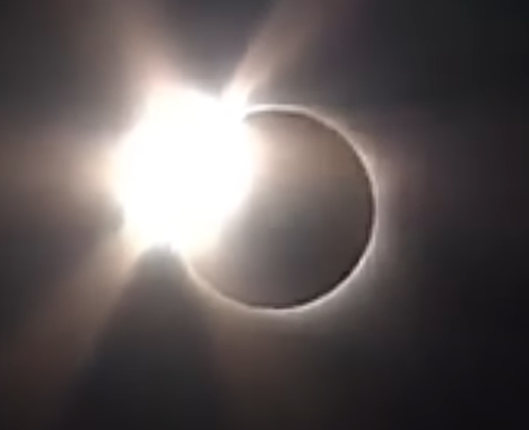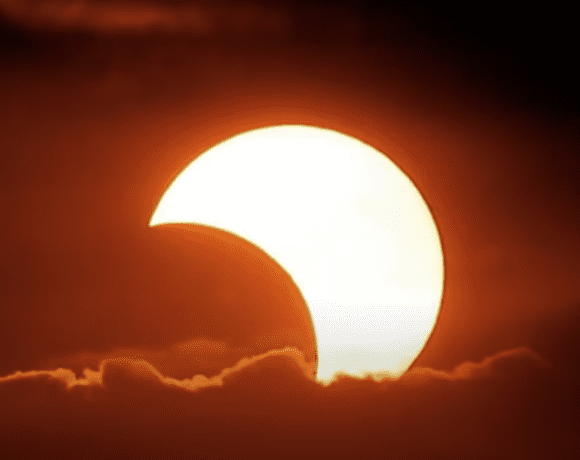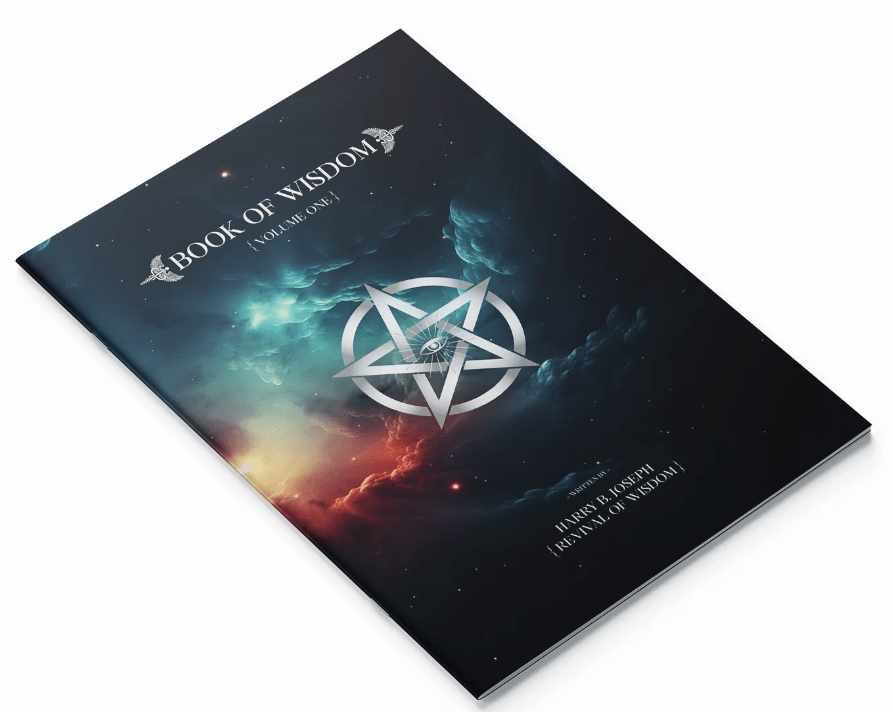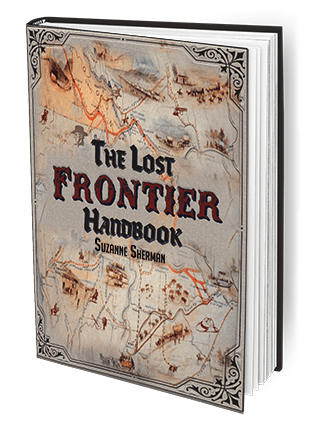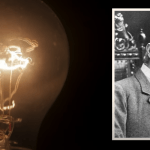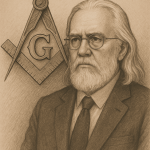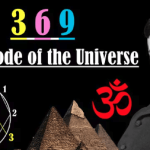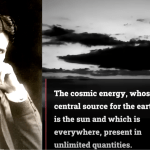Ancient Eclipse Predictions: Debunking Heliocentric Assumptions
The accurate prediction of lunar and solar eclipses is often cited as evidence of the heliocentric model of the universe. However, throughout history, various cultures have successfully predicted eclipses long before the heliocentric theory was conceived. This article will explore how ancient astronomers managed to achieve this feat and debunk the notion that accurate eclipse predictions are exclusive to the heliocentric model. Don’t forget to watch the accompanying video to further your understanding of this fascinating topic.
Ptolemy’s Predictions and the Geocentric Model
Greek astronomer Ptolemy, in the 1st century AD, accurately predicted eclipses based on a flat, stationary Earth for 600 years. His geocentric model, which places Earth at the center of the universe, was as precise as modern predictions, demonstrating that accurate predictions are not limited to the heliocentric model.
Ancient Eclipses and Historical Events
Going back to 600 BC, Bailey’s accurate prediction of an eclipse ended the war between the Medes and the Lydians. The regularity and precision of 18-year eclipse cycles allow for accurate predictions, regardless of the Earth’s shape or its position in the universe.
Samuel Rowbotham’s Perspective on Eclipse Calculations
Samuel Rowbotham, a flat-earth theorist, argued that the accuracy of eclipse predictions should not be considered evidence of the Earth’s shape or any specific cosmological model. He emphasized that the same calculations could be made irrespective of the adopted theory.
Ancient Chaldean Eclipse Predictions
The Chaldeans were capable of predicting eclipses 3,000 years ago with remarkable accuracy, despite having a different understanding of the universe. This demonstrates that knowledge of eclipse patterns and regularity, rather than a specific cosmological model, is the key to accurate predictions.
The Role of Historical Records in Eclipse Predictions
Ancient records of eclipses have been critical in developing accurate predictions, independent of modern scientific theories. By studying tables formed over centuries of observation, astronomers can identify patterns and predict future eclipses with precision.
In Conclusion
Eclipse predictions have been made with remarkable accuracy throughout history, irrespective of the prevailing cosmological model. This evidence challenges the notion that accurate predictions are exclusive to the heliocentric theory. By watching the accompanying video and exploring the historical context of eclipse predictions, we can gain a deeper understanding of the complex relationship between cosmology and the natural phenomena we observe.

